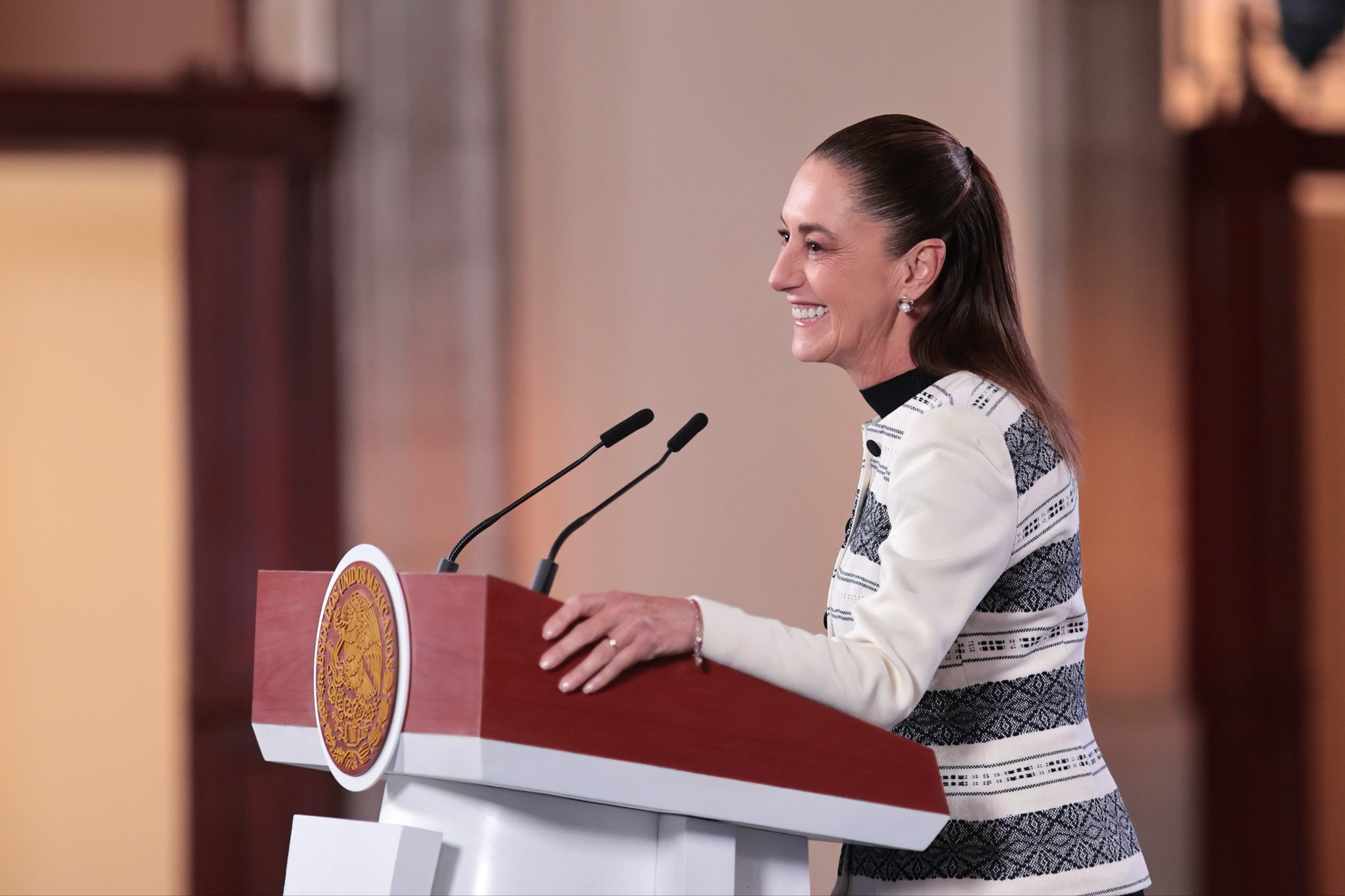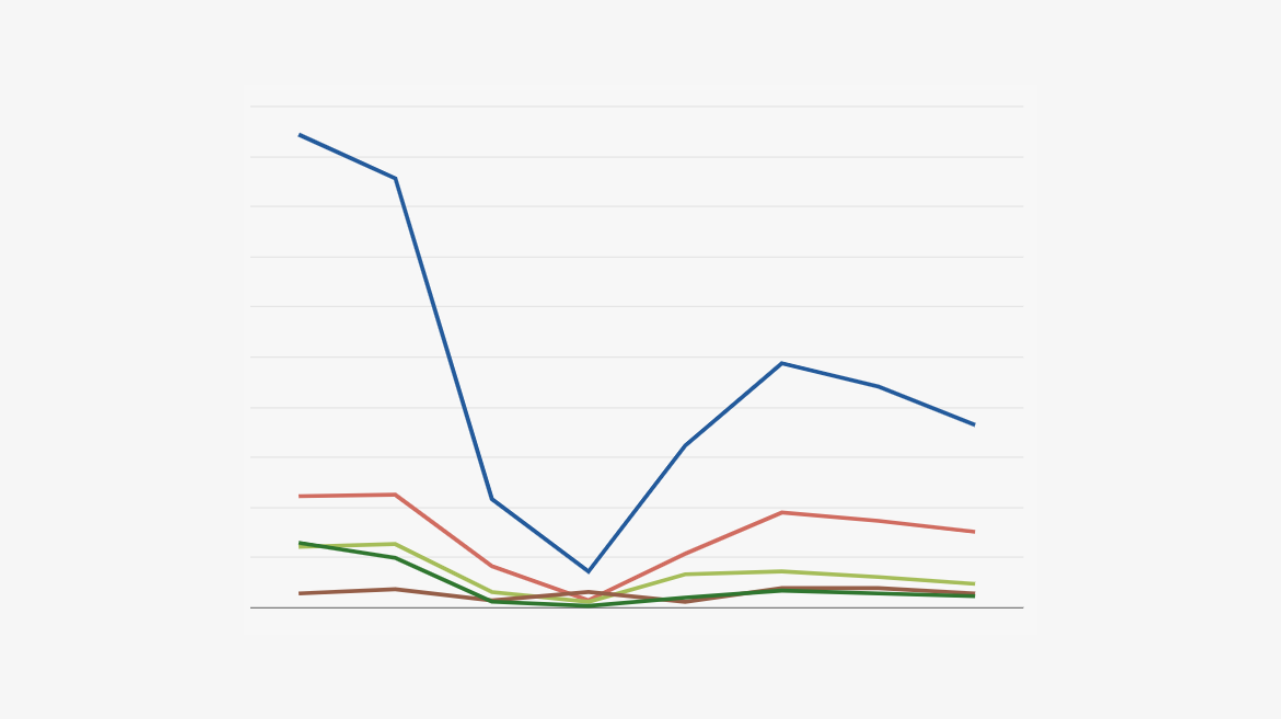Cuban Parliament Holds off on Deeper Economic Reforms
Cuban Parliament Holds off on Deeper Economic Reforms
Raúl Castro surprised observers Monday when he said at a National Assembly meeting that Havana may reform Cuban migration laws. But the country’s Parliament did not address the country's many pressing economic issues.
Cuban head of state Raúl Castro surprised observers Monday by announcing the possibility reforming the island’s restrictive immigration laws. Cuba remains one of the few countries that requires its citizens to apply for permission to leave. Castro said the rule made sense in the 1960s when the revolutionary government adopted it as a way to protect itself from hostile political exiles, but did not make sense today, given that most Cuban migrants leave for economic reasons. Castro has previously indicated intentions of reforming a state-dominated economy that has grown sluggishly since the onset of the worldwide recession in 2008, posting GDP growth of 1.4 percent in 2009 and 1.5 percent in 2010. While the possibility of immigration reform stole the show at Monday’s day-long congressional session, the National Assembly did not publicly address Cuba’s many pressing economic challenges.
Some observers expected the Cuban Parliament to finalize game-changing rules permitting home sales at its Monday meeting for the first time since the 1960s. The body did not do so. Despite putting the task off, the Cuban government says it will finish crafting rules governing home sales by the end of the year. Even without the law on their side, The Miami Herald points out that Cubans have already begun advertising their homes on Revolico—a website for classified announcements. And foreigners may soon get the right to buy Cuban property. Canadian company Standing Feather International, which has a contract to build a luxury golf resort in Holguín, says the Cuban government will allow both foreigners and nationals to purchase property there in perpetuity. Previously, foreigners could only lease Cuban property for 50 years, a ceiling Raúl Castro raised to 99 years in September of last year.
Cuba is also struggling just to feed itself. In preparation for Monday’s legislative meeting, Minister of Agriculture Gustavo Rodríguez announced Friday that the government would have to import even more food this year than planned, because the state failed to produce as much as it anticipated in 11 categories of foodstuffs during the first six months of 2011. It was the second time this year the government was forced to bump up its outlay for foreign food purchases. Costs continue to mount despite a 2009 agricultural reform that distributed usufruct rights to 150,000 families to farm fallow land. BBC correspondent Fernando Ravsberg says the reform has yet to boost production because it does not address the main problem of lack of access to basic resources such as fertilizers, tools, seeds, tractors, and other inputs. Cuba imports somewhere between 60 percent and 80 percent of its food (official and private estimates vary widely).
The National Assembly also chose not to pass new legislation to confront corruption, a problem that Raúl Castro has faulted with for undermining attempts to boost the island’s efficiency. The Provincial Tribunal of Havana convicted six executives from state airline Cubana de Aviación and two from the pharmaceutical Herberbiotec for accepting kickbacks and sentenced them to prisons terms ranging from three to 13 years, according to an official statement released Friday. At a more mundane level, pilfering of resources by poorly paid state workers and a lackadaisical attitude on the part of bureaucrats also act as obstacles to improving economic performance, according to government authorities. Cuban state media routinely chastises bureaucratic inefficiency. “We have to definitively break the mentality of inertia,” Vice President José Ramón Machado Ventura said in his speech commemorating the July 26 attack on the Moncada Barracks—the event marking the birth of the Cuban Revolution.
One of the government’s main strategies to break this inertia is encouraging self-employment. The state press reports that the country now boasts some 325,947 cuentapropistas, as self-employed entrepreneurs are called in Cuba. The government hopes to continue ramping up that figure in order to offset hundreds of thousands of planned firings to deflate the state’s bloated payroll. The National Assembly is discussing the possibility of relinquishing control of small shops and cafés to private citizens—a move that has already happened with barbershops and salons. Aspiring cuentapropistas can also expect the government to add new jobs to the list of occupations that qualify for self-employment, including such possibilities as insurance agent and party organizer for weddings and quinceañeras.
As Cuba reforms, relations with the United States remain testy. President Obama warmed relations with the island to a level not seen since the Clinton years by lifting restrictions on Cuban-American travel, removing a number of hurdles for U.S. citizens of non-Cuban origin, and upping the legal level of remittances Americans can send to the island. But Cuban-American legislators strongly opposed easing sanctions against the Communist government and hope to roll back Obama’s easing of travel restrictions; legislation is already making its way through the House of Representatives in the form of an amendment to an appropriations bill. Noting that 64 percent of Cuban-Americans oppose restricting their own travel to the island, Americas Society Policy Director Chris Sabatini criticized the amendment. “[W]hy try to alter a policy that would seem to further a longstanding U.S. foreign policy goal to promote freedom in Cuba that is popular among voters?” Sabatini wrote for The Huffington Post.
U.S.-Cuban relations also remain strained over the Castro government’s imprisonment of a U.S. citizen employed by USAID to promote democracy in Cuba by establishing wireless Internet connections. He is currently serving a 15-year sentence after being convicted of subverting Cuban independence in March. The Castro government banned U.S. democracy promotion programs back in 1999, viewing it as part of the stated U.S. policy of regime change. In April, Senate Foreign Relations Committee Chairman John Kerry (D-MA) put a block on the distribution of the USAID budget of $20 million for democracy promotion in Cuba, pending a review of its operations. When Kerry announced last week that he planned to lift the block, the Cuban National Assembly responded by analyzing how to strengthen the Mordaza Law, which criminalizes acceptance of U.S. government funds. The Mordaza Law was invoked to convict 75 government opponents in a 2003 crackdown on dissidence.
Learn more:
- Check out the Americas Quarterly charticle “Ping-Pong Diplomacy: Can U.S.-Cuba Relations Catch up to the 1970s?”
- Phil Peters sums up the stream of recent economic reform announcements from the Cuban press.
- Read Fernando Ravsberg’s outline of Cuba’s economic reforms over the last year.
- Check out Revolico—Cuba’s answer to Craigslist.
- See the statement from the Provincial Tribunal of Havana announcing the convictions of eight state enterprise directors for corruption.
- Raul Castro discusses the possibility of reforming Cuba’s immigration laws before Parliament on Monday.








